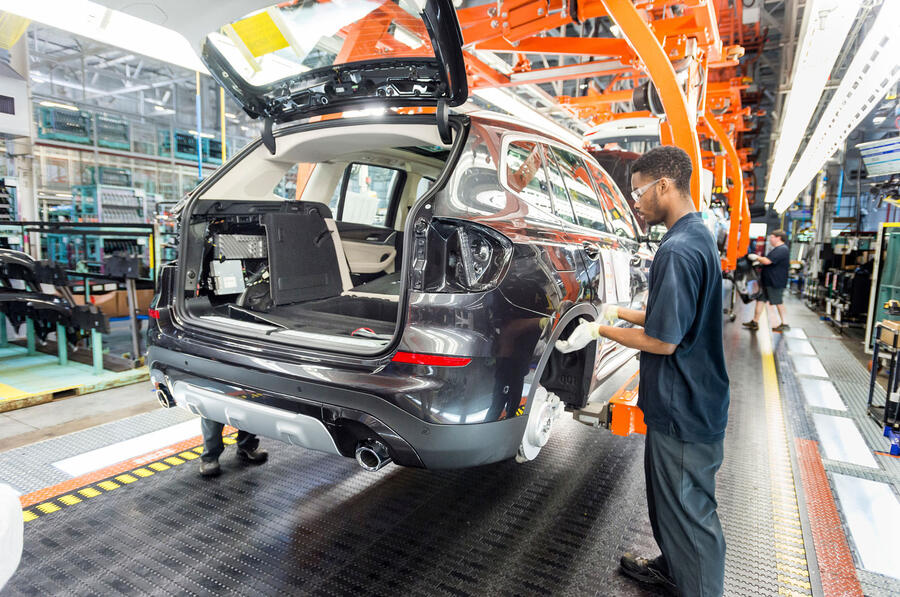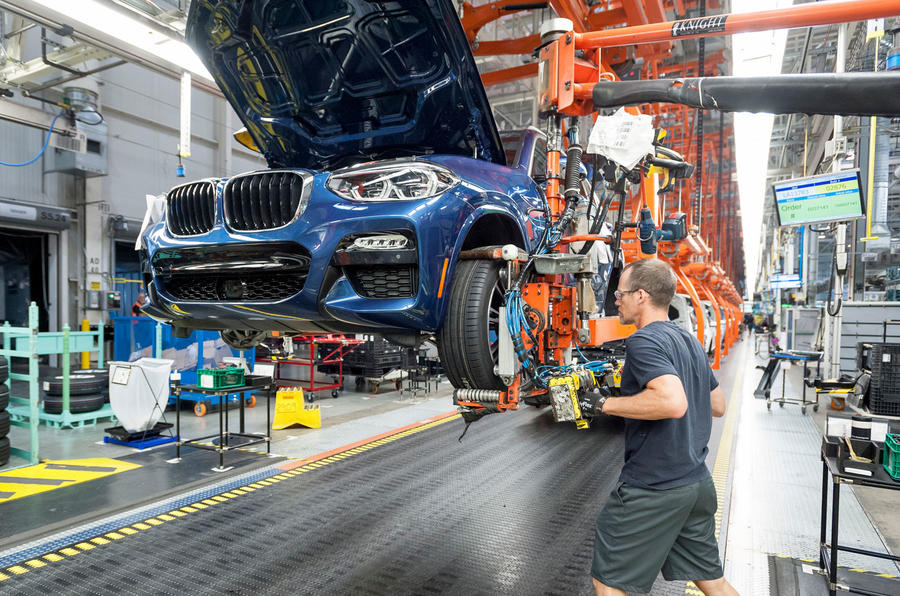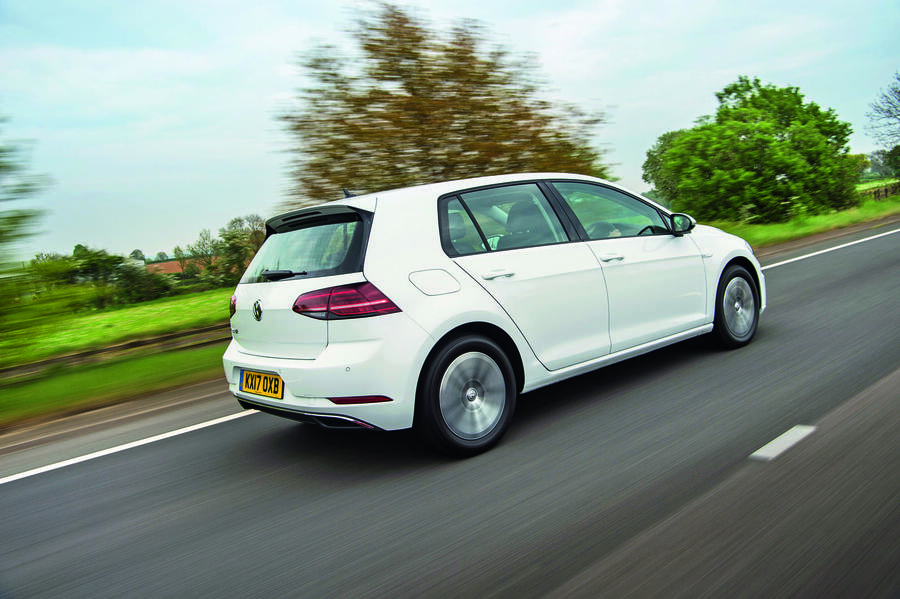The automotive industry is fully committed to the development of zero-emission cars, but pressure is growing to achieve CO2-neutrality across the entire production and supply process, including production facilities, their networks of suppliers, and the trains, trucks, ships and planes that move components and vehicles.
The industry already acknowledges the issue, with many car makers quoting the quantity of CO2 generated per car during its manufacture. The average figure for the BMW Group, which includes Mini and Rolls-Royce, currently stands at 0.40 tonnes per unit – down by an impressive 39% over the past five years – although the plan is to reduce CO2 output per unit to zero. For Nissan the figure is 0.49 tonnes per unit, for Toyota it is 0.39 tonnes and for Volkswagen a rather less encouraging 0.72 tonnes.
Dr Jury Witschnig, the BMW Group’s head of product sustainability, says having reduced its own production CO2 footprint, the intention now is to “help our suppliers”. Most of the BMW Group’s suppliers have already signed up to such a programme, and Witschnig adds that along with the environmental and social benefits of CO2 reduction comes the further incentive of cost reductions.
Achieving CO2-neutral production is slightly easier with new-build plants. BMW’s latest, opened earlier this year in Mexico, is “unique among car plants for having solar panels built in from the start”, according to Witschnig. The panels contribute towards the factory’s 100% CO2-free energy supply goal that is set to be achieved by next year, and experience from this plant is now being rolled out across the company’s brownfield sites. Volvo, meanwhile, already has one CO2-neutral production plant and plans to achieve the same across its entire network by 2025.

BMW’s CO2-reduction activities are part of a broader environmental initiative. The current one, triggered in 2012, requires water, energy and solvent use and waste material production to drop by 45% next year compared with 2006, while 79% of the group’s energy supply now comes from renewable sources.






Join the debate
Add your comment
Hmm...
Some dubious figures there. I've read quite a few lifecycle analyses, and they generally peg car manufacturing CO2 at 7-10 tonnes CO2; potentially 20+ for a luxury SUV. That's more than an order of magnitude higher than what's being reported here. I know a lot of emissions can be avoided just by running the factory on renewable energy - but a) as far as I know most factories still aren't renewable-powered, and b) surely that can't result in a 95% reduction in total manufacturing CO2.
And on the flipside, the EV CO2 claims look weirdly high. According to Ford and LG Chem's lifecycle analysis of the Focus Electric in 2016, EV manufacturing adds 39% to the car's pre-use-phase emissions (3.4 tonnes higher than the standard Focus' 8.7 tonnes). 3.4 tonnes is equivalent to driving 11.8k miles in a 50mpg diesel. On the British electrical grid, at 300Wh/mile, the EV should have the smaller carbon footprint after 17,804 miles.
Car production
might actually be outlawed by then or before if things carry on the way they are, and a certain manufacturers greed for profit above all else and market share is the main reason. Thats why we have WLTP and all the rest of it. I noticed that they feature last in line when reading the article basically they've sunk the car industry as far as I am concerned. To busy making fancy cars for superhero movies.
Pinocchio has nothing on these guys
I wonder what the real figures are?